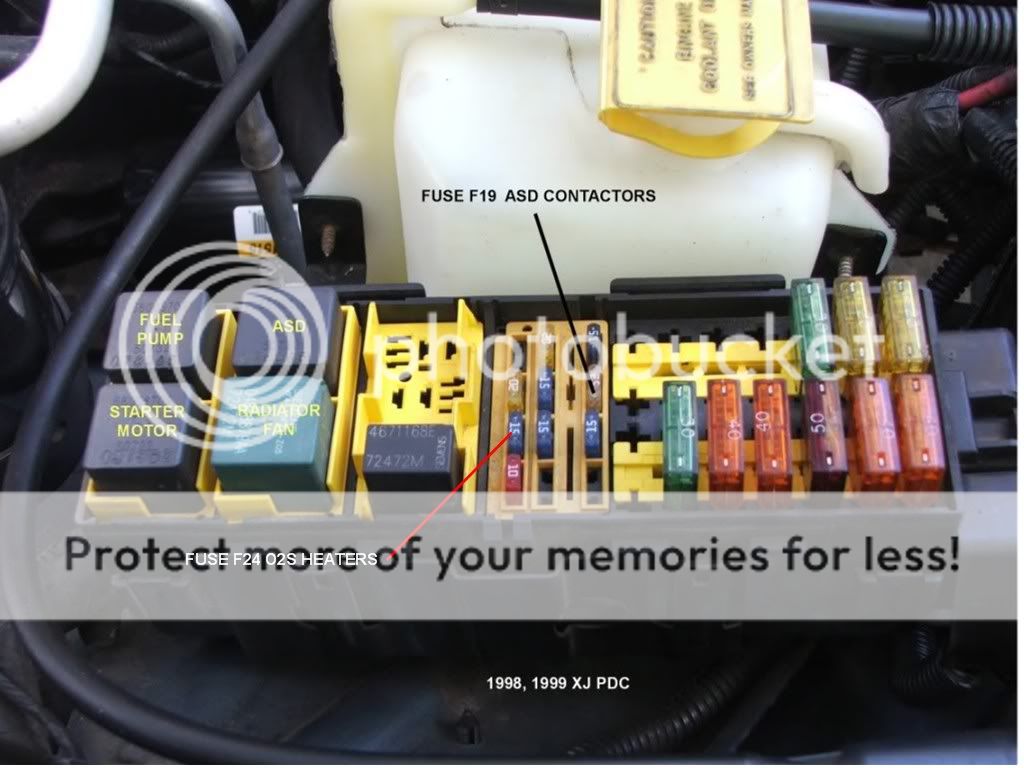cocco_78
NAXJA Forum User
- Location
- Iron Mountain, MI
99 XJ, 4.0, auto, 170k miles...
runs good, starts fine, and it does this more often when the engine is warm or its not really cold out.
start it up, pull out of the driveway or parking space, then seems like soon as you pull out onto the road it wants to die really bad. It sputters and barely runs. But cleans up and runs fine after maybe 10 seconds. Also it seems like you can power through it.
Check engine light is also on for both o2 sensors. I replaced both sensors with zero change to the problem. Also the check engine light keeps coming back on for o2 sensor heaters.
I swapped the air intake sensor and the idle air control valve with my 98 TJ, the tj runs perfect and the xj has no change.
this has been going on now for 2 months, just out of the blue. Also just within the last couple days i've been experiencing a long crank time, at least double what it used to be.
runs good, starts fine, and it does this more often when the engine is warm or its not really cold out.
start it up, pull out of the driveway or parking space, then seems like soon as you pull out onto the road it wants to die really bad. It sputters and barely runs. But cleans up and runs fine after maybe 10 seconds. Also it seems like you can power through it.
Check engine light is also on for both o2 sensors. I replaced both sensors with zero change to the problem. Also the check engine light keeps coming back on for o2 sensor heaters.
I swapped the air intake sensor and the idle air control valve with my 98 TJ, the tj runs perfect and the xj has no change.
this has been going on now for 2 months, just out of the blue. Also just within the last couple days i've been experiencing a long crank time, at least double what it used to be.

